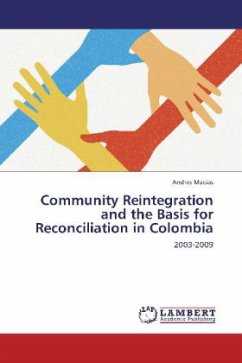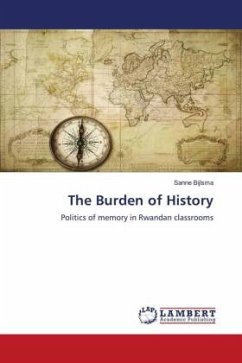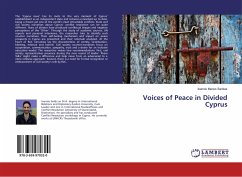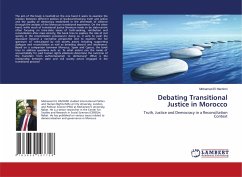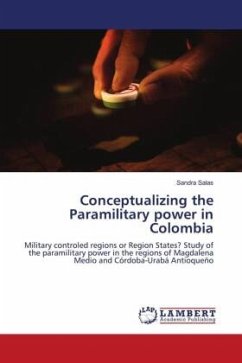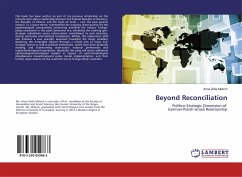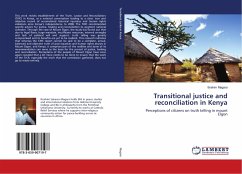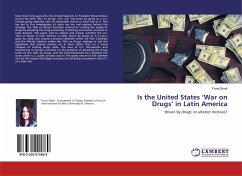The purpose of this work is to determine whether it is likely that a community reintegration approach in the government-led DDR process will help to build a sustainable basis to ensure reconciliation within the armed conflict in Colombia. This work deals only with the social and economic reintegration of ex-combatants and its implications towards reconciliation. The main focus is on the reintegration strategies implemented after 2003, when collective and individual demobilizations of illegal armed groups started to take place. The results of the analysis indicate that community-oriented policies, by enlarging the target group that may receive the benefits of the DDR process, support the economic recovery of the ex-combatant s household and improve the welfare of the receiving community. It is also evident that the community-oriented approach helps to reduce the ex-combatants dependency from humanitarian assistance, making the reintegration process more sustainable. The results also reveal that a community-based approach is capable of building and strengthening the required social capital and mutual trust that facilitates reconciliation among all parties involved.

